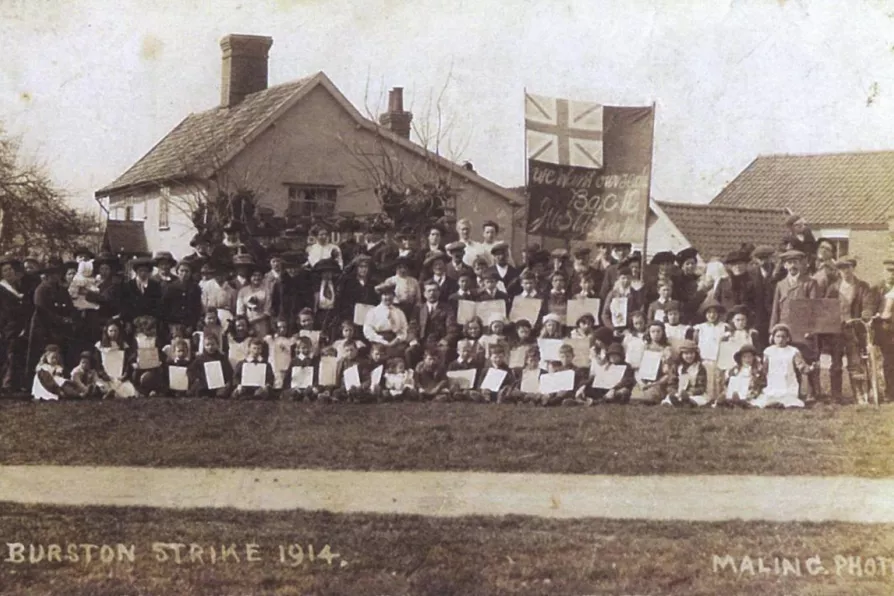John Wojcik pays tribute to a black US activist who spent six decades at the forefront of struggles for voting rights, economic justice and peace – reshaping US politics and inspiring movements worldwide


ACTIVISTS in the East of England and beyond are eagerly looking forward to this weekend’s Burston School Strike Festival, which is just a shade north of Diss in south Norfolk and now firmly re-established post-Covid.
This year’s festival has a special character and is likely to be the last before a general election and certainly before several important local elections that will take place in May 2024 in Peterborough and Southend-on-sea, with most county councils following on in 2025.
These are an opportunity for local campaigners to open up a new political path. Burston is a great place to meet activists from all over the East of England, and the Communist Party and the Morning Star will be fully involved.

MATT WRACK issues a clarion call for a rejuvenation of public services for the sake of our communities and our young people

From hunting rare pamphlets at book sales to online panels and courses on trade unionism and class politics, the MML continues connecting archive treasures with the movements fighting for a better world, writes director MEIRIAN JUMP

In the run-up to the Communist Party congress in November ROB GRIFFITHS outlines a few ideas regarding its participation in the elections of May 2026










